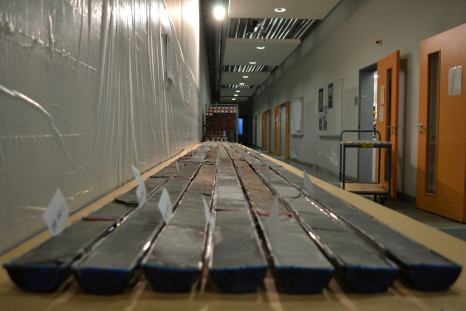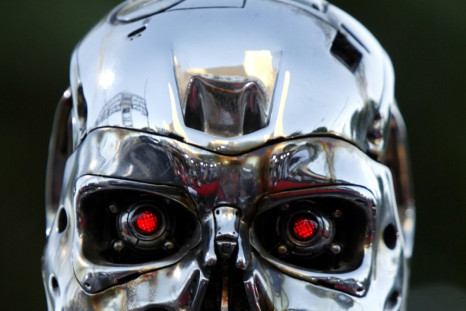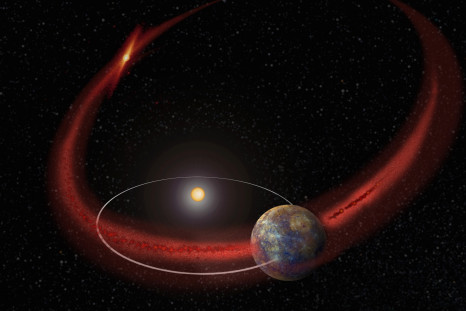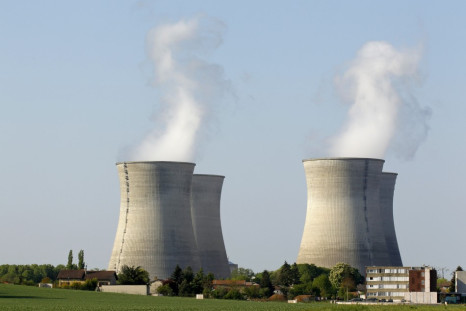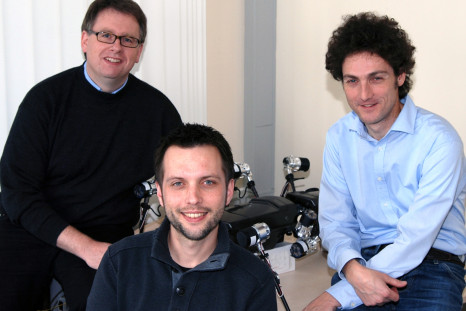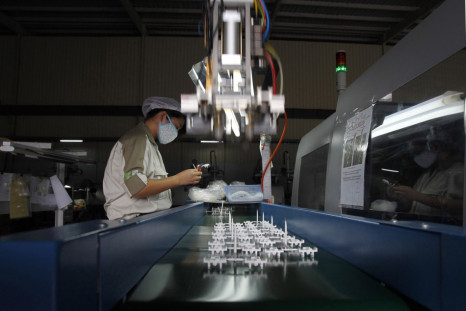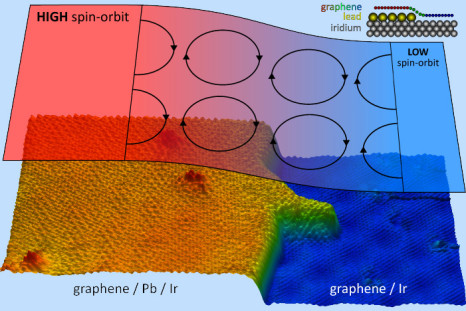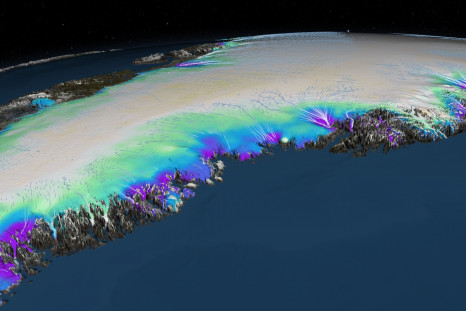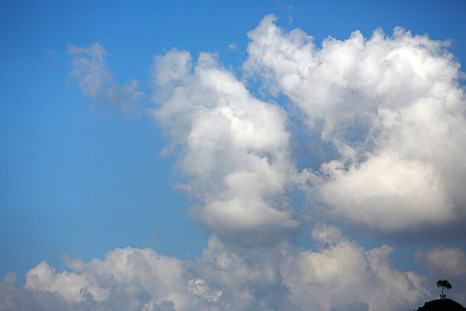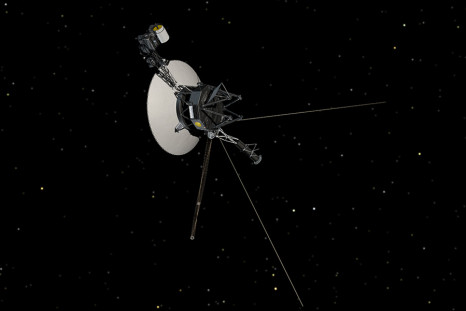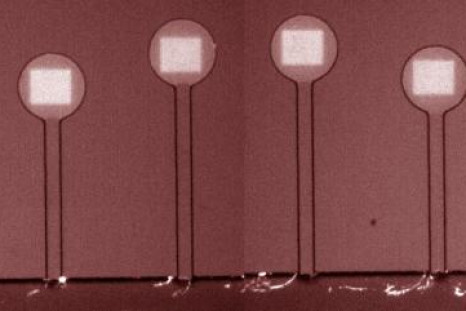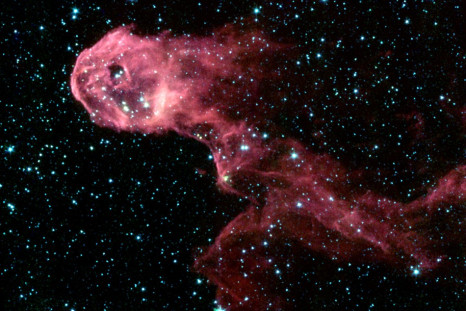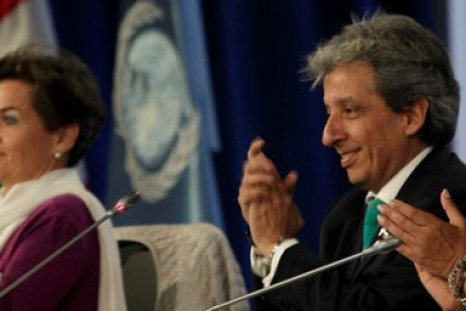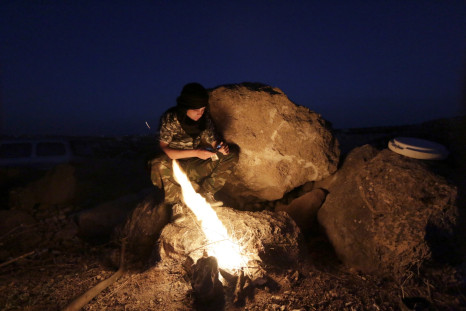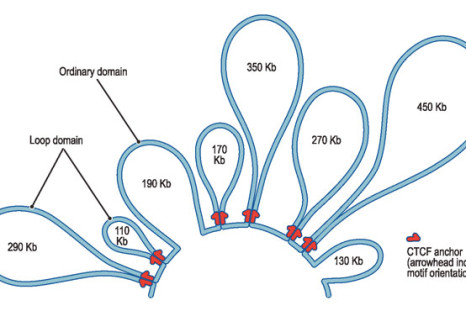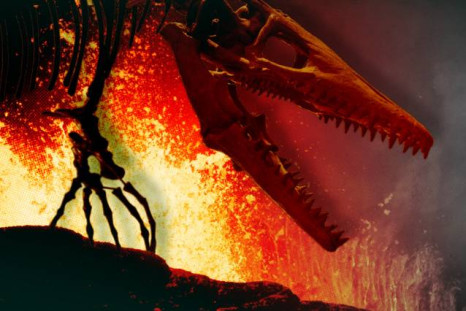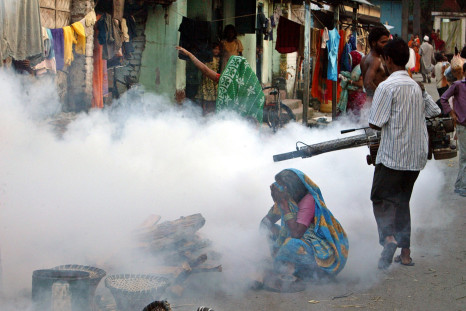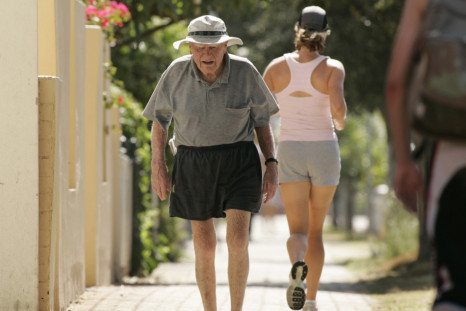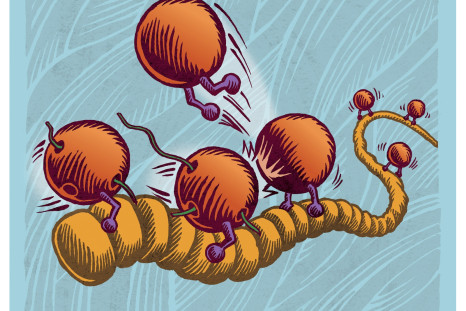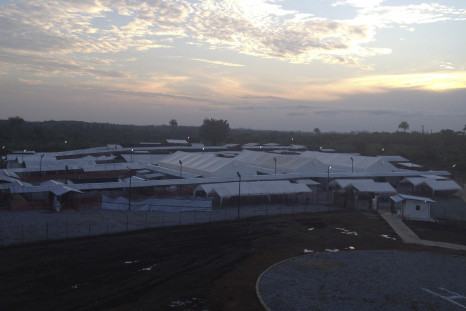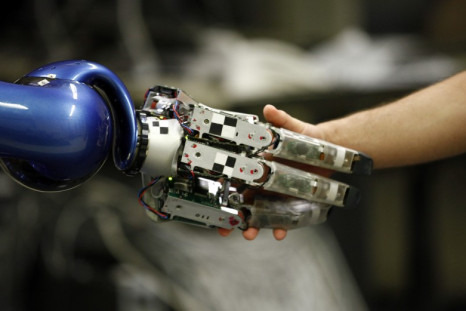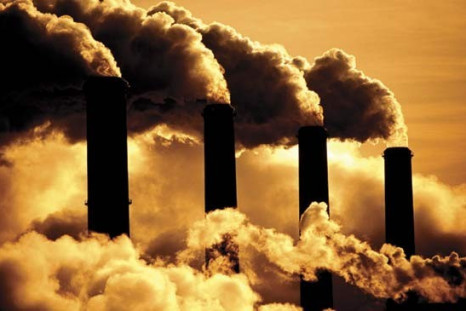Peshawar massacre fallout: India on security alert ahead of Barack Obama's visit
Threat seen from Pakistan-based Lashkar-e-Taiba and Indian Mujahideen.
Cuban President Raul Castro hails landmark prisoner exchange deal with US
Raul Castro praises Barack Obama's decision to release three Cuban spies and calls for 'living together with differences'
Global warming 56 million years ago 'similar to present day rate'
Carbon emissions in two pulses saw the planet warmed by 5-8 deg C rise in temperatures during the Paleocene-Eocene period.
Artificial intelligence: Stanford initiates 100-year study to look into concerns and challenges
A private philanthropy initiative will look into the effects of artificial intelligence into everyday lives of the people.
Meteor showers regular on Mercury, suggests Messenger data
Spikes in calcium led astronomers to study possibility of meteor showers on Mercury caused by comet debris.
Carbon trapping sponges that can help cut emissions developed at Cornell
Carbon sponges that are less toxic than conventional scrubbers and can absorb carbon efficiently have been developed.
Robot designed as stick insect takes first steps as it learns to walk
Hector with a large number of flexible joints and sensors recently took his first steps after completion.
Billions of minute plastic fibres abound in deep seas, says study
The presence of four billion plastic debris in a square kilometre of deep oceans indicates the potential for damage to marine life and the ecosystem.
Climate change: £80bn in annual aid 'can stop global temperatures rising above 2C'
With climate policy pledges falling short of required number, a study shows how climate finance can bring a more comprehensive approach.
Pregnancy care: Toxic compounds in new floor coverings can lead to wheezing in babies
A study makes a case for why pregnant women should avoid redoing homes, especially their floor coverings.
Graphene now packs powerful magnetic punch thanks to lead atoms
Spintronics could benefit with new technique that helps deliver powerful magnetic properties to graphene.
Massive Greenland ice sheet 'melting more rapidly than believed'
Satellite and aerial data show that the Greenland ice sheet is melting faster than thought and shows that models are too simplistic in predicting the future.
Geoengineering: Energy efficient method using salt water to cool planet identified
Rayleigh Jet technique could help offset the effects of carbon emissions
Voyager 1 returns data of persisting 'tsunami wave' in interstellar space
A shock wave first encountered by Voyager 1 in February continues to propagate outwards, shows data from craft.
Synthetic biology: Artificial cells on silicon chips produce proteins
A network of interacting genes on a silicon chip manufactured proteins as instructed by the designed DNA.
Lima climate action plan a muted cry, say experts warning of rough seas and a warming world ahead
With no binding terms and a vague language, the Lima action plan does nothing to steer the world away from its present road to climate disasters.
Life supporting elements in space forged in star dust
Nuclear research in the lab hints at exotic isotopes found in star dust left after the death of a star.
Lima cobbles together bare climate action plan on way to Paris
After dropping and replacing many phrases, Lima climate draft finally sees nations agree terms for reducing emissions.
Biodiversity loss could be highly underestimated due to missing data on total number of species
Gap in data means threat to species is calculated taking into account hardly 4% of species alive on Earth.
Archaeology: Regular fire use by humans dates back to 350,000 years ago
Analysis of flints found in a cave occupied by ancient men for half a million years shows regular fire use started between 320,000 and 350,000 years ago.
UN climate change talks: Developing nations stick to guns on historical responsibility clause
Developing nations led by India are insisting on rich nations doing more by way of reducing emissions and providing assistance.
3D mapping of loops in human genome reveals structure and hidden switches
Folding of genome is not random but highly regulated and decides if a gene was to be turned on or off.
Major volcanic eruption before asteroid impact 'may have helped wipe out dinosaurs'
Ancient volcanic rocks from India suggest a major eruption around 66 million years ago could have done the damage for dinosaurs.
Dengue: Molecule that wipes out entire virus populations discovered
Scientists have used inhibitors based on a new class of molecules to kill dengue virus populations in a lab culture.
Cheap wearable organic sensors to check blood oxygen developed
The use of organic material in place of silicon has helped researchers develop cheap and efficient health sensors.
How the Ebola virus replicates discovered, giving hopes of drug development
Work on a related class of virus has led researchers to see how viruses like Ebola replicate in the body.
Ebola: Lockdown in remote district of Sierra Leone following discovery of dumped bodies in hospital
Fears of fresh cases of Ebola in Kono district thought to be free of disease lead to lockdown.
Stem cells from eye restore vision in damaged cornea models
US and Indian researchers report restored vision in cornea following stem cell injection.
Molecules form self-organised structures in method that could help develop smart materials
National Institute for Materials Science researchers modify molecules to self-assemble in method that could have major spinoffs.
UN Lima climate talks: 1 Gigaton Coalition backed by Norway launched
UNEP launches voluntary coalition to highlight work done in developing nations to cut emissions.




